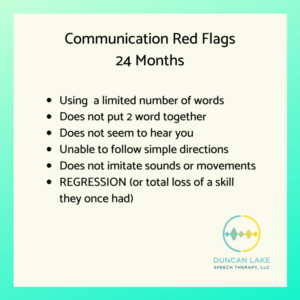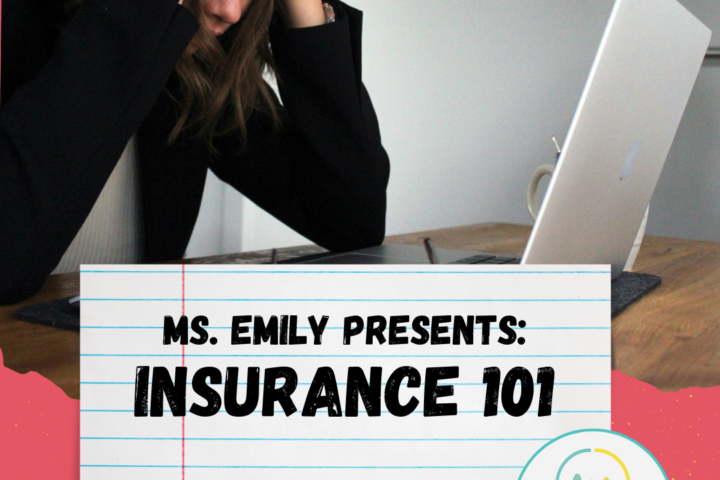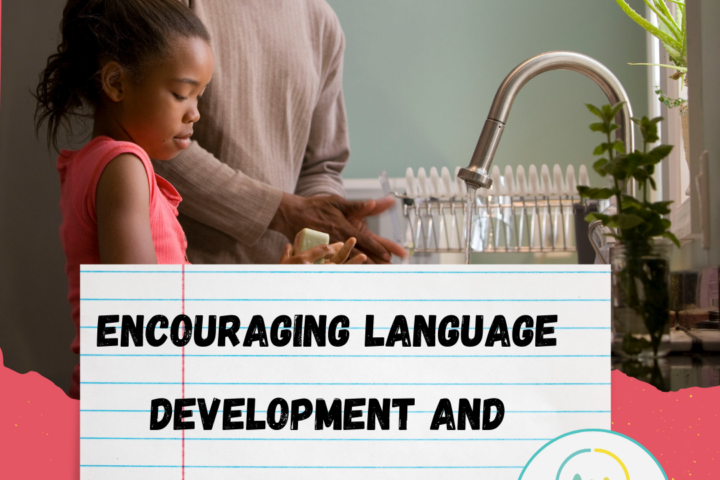I mentioned on my Facebook page earlier this week that questions about milestones and expectations have been flooding my inbox this past month. People from my professional life, personal life, and even a few strangers have asked me about this subject with such frequency recently that I thought it smart to write a post about it. Most of the inquiries were about 2 year olds, so we’ll start there for now. We’ll discuss other ages and expectations in later posts!
There’s a lot that goes into language development and what makes it “on track,” so it’s important to know some basic communication expectations at every age. Milestones can be tricky and can vary based on the source. For our purposes today, these are the milestones I look/listen for when talking to a parent about their concerns. There are plenty of other milestones that children reach at this age, but I’m only the speech expert, and thus I will only report about that!
In regard to communication skills at 2, most children:
-
Uses A LOT of new words. The number varies on who you ask and is always taken into consideration in relation to other milestones. The number is typically around 200-300 words, but some sources say 50. The number isn’t the only factor, though, so read on!
-
Puts 2 word sentences together (“Mommy go.”)
-
Can answer very simple questions like, “Where’s daddy?”
-
Repeats words and sounds
-
Points to familiar objects and simple body parts and points to indicate a want or need
-
Knows their name and can refer to themselves by their name
-
Follows simple 1-2 step directions (“Get the ball!”)
-
Will engage in early imaginative play
 When it’s time to seek assistance:
When it’s time to seek assistance:
-
Your child has a very limited number of words they say or speaks only in babble
-
Your child does not put two words together
-
Your child seems to not hear you
-
You child does not imitate sounds or movements
-
You child is not able to follow simple directions
-
ANY REGRESSION – or the losing of a skill that the child once had. This is not to be confused with a “pause” in a skill. Sometimes, when kiddos are learning something new, they might get a little quiet for a few days. Immediately, their language skills come back (along with a newly acquired skill of some variety!). Regression means that a child had a skill set and then it went away and never came back.
If you believe your child has one or more of these red flags, you have a few options. First, you can contact your pediatrician for a referral for an evaluation. They may be able to give you the names of speech therapists in the area that can evaluate your child. However, if your pediatrician is of the “wait and see” mindset, I strongly encourage you to remind them of the outdatedness of the “wait and see” approach. If that fails, branch out on your own to find a provider for an evaluation. If you’re not sure how to proceed, contact your friendly neighborhood speech-language pathologist and they will likely be very willing to help you!
One option is an independent private speech practice like Duncan Lake Speech Therapy. You may not need a doctor’s referral for a speech evaluation if you go to a private practice. If you are going to pay privately, you will certainly not need a doctor’s referral. If you want to use your insurance, you will probably need to find someone in network. That might require some prior authorization fancy-dancing, none of which I’m qualified to speak about as I do not currently take insurance. You’ll need to verify through them. Call the practice and schedule an evaluation.
Another option is to go through your state’s early intervention system. You also absolutely do not need a doctor’s referral to contact your state’s early intervention providers for an evaluation. In the state of Michigan, we have an extremely robust early intervention program called Early On. You can make a request online and someone from Early On will contact you about setting up a time for an evaluation and then services if your child qualifies. This is a free service through the state!
(At some point in the future, I will go into detail about how Early On’s services differ from private practice.)
At the end of the day, what I want you to do is trust your gut. If you feel that your child may have a speech delay and they need an evaluation, there are plenty of ways to go about it. There is no harm in doing an evaluation, but there is lots of evidence to suggest that waiting is not beneficial if there is a problem.



